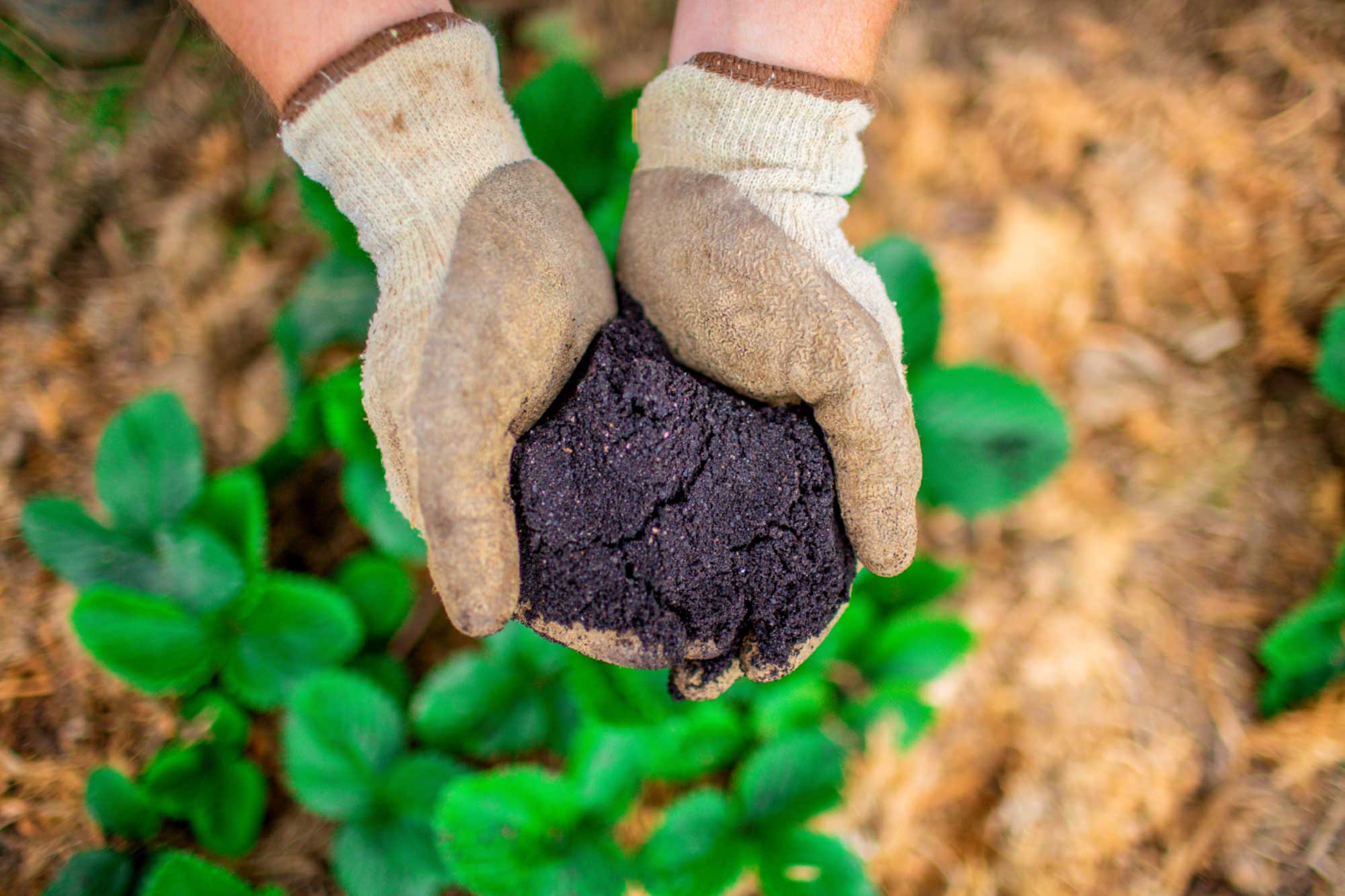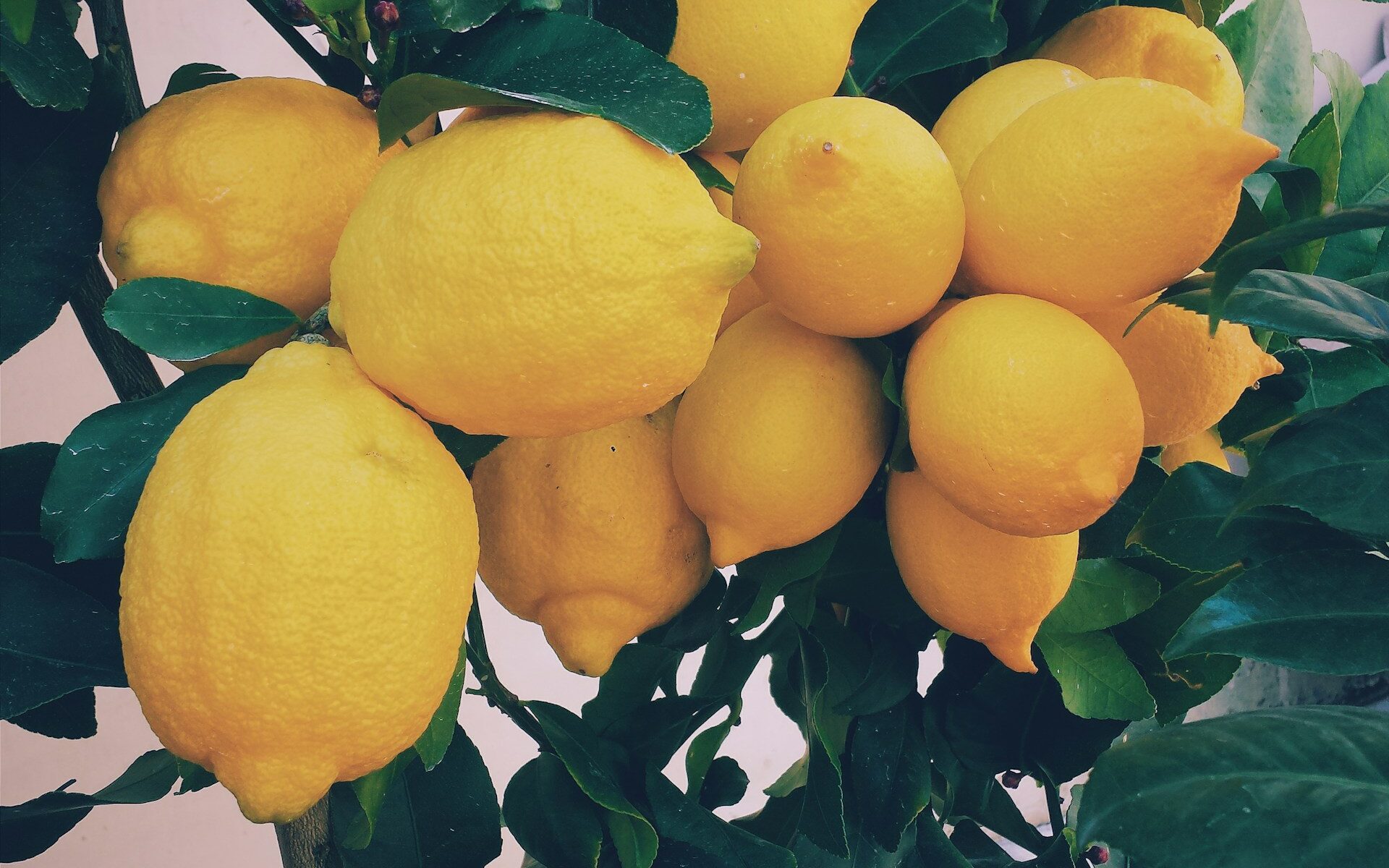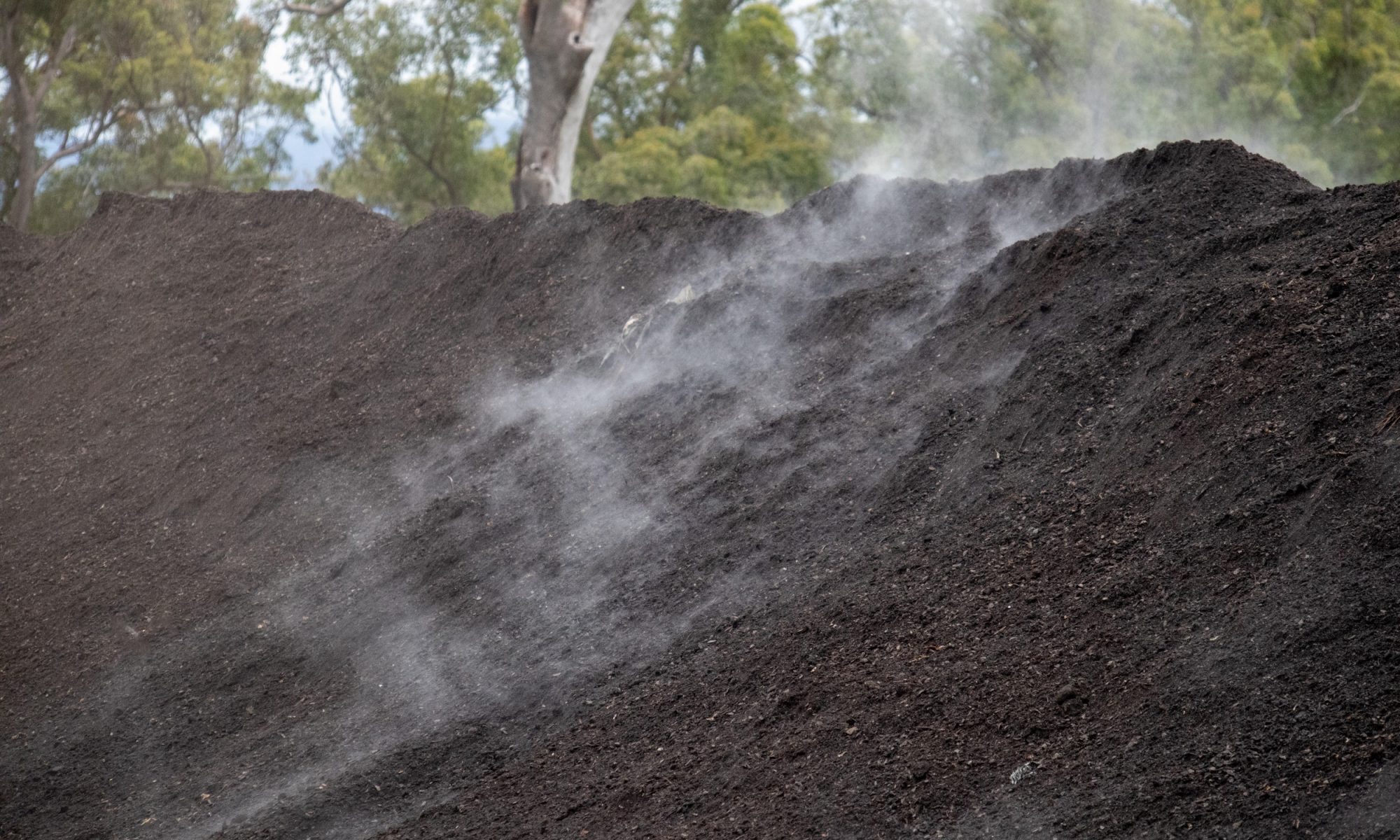Citrus orchards, with their boughs heavy with oranges, lemons, and limes, evoke the pleasant image of sun-drenched groves beside the briny blue. Ironically, that very sea which shimmers on the horizon holds secrets to the health and vibrancy of those very trees.
In the world of horticulture, there’s a newfound enthusiast for the treasure troves of minerals found in the sea, particularly seafood wastes and seaweed that are rich in trace elements critical for the robust growth of citrus fruits. These trace elements, including calcium, magnesium, and iron, are the building blocks of a nutrient-dense, mineral-rich soil that’s the foundation of health for citrus trees.
The Ocean, a Bountiful Harvester of Nutrients
Composting seafood waste creates a soil enhancer rich in microbes and sea minerals, essential for Citrus growth. This process compiles critical elements into an accessible form for plants, sustaining life from the ground up.
Sea Minerals for your garden through Composting
Organic matter, including seaweed and seafood waste, undergoes a transformation in composting that results in the extraction and concentration of these trace elements. Incorporating this compost into the earth not only enriches the soil with beneficial microbes but also boosts soil structure, moisture retention, and the uptake of macronutrients— all essential nutrients for healthy plants and health fruit.
The 5 Essential Sea Minerals for your Citrus
Here are five starring trace elements that are indispensable for your citrus plants in the garden or in pots.
- Calcium – Essential for cell wall structure and integrity, calcium ensures that your fruits are lush, smooth, and free of defects.
- Magnesium – The ‘central atom’ of chlorophyll, magnesium is the lynchpin of the photosynthetic process, ensuring vibrant green leaves and efficient energy production.
- Iron – A key player in chlorophyll production, an healthy tree with enough iron will have deep dark green leaves due to efficient photosynthesis.
- Zinc – A regulator of growth hormone, zinc ensures a balance between vegetative growth and reproductive health, aiding in flower and fruit set.
- Manganese – A workhorse enzyme activator, manganese is necessary for numerous metabolic pathways, including those that neutralise reactive oxygen species within the plant.
Trace elements like calcium and magnesium are essential for citrus fruit health and productivity. Enriching the soil sets the stage for a fruitful relationship between earth and tree. Iron, zinc, and manganese also contribute to plant health through various functions. Each element plays a unique role in supporting plant vigour and fruit quality.
The Ocean in Your Garden
Seaweed and seafood waste, often under-appreciated byproducts of the sea, hold within them the key to healthy fruit and zesty citrus fruits. By recognising the role that healthy soil plays with the natural addition of these important trace elements that come from the composting process, we can utilise these minerals from the sea to enrich your garden. . The approach is sustainable, economical, and effective in the long-term health of your citrus.
*We recommend a balanced and sustained standard feeding, watering and mulching program.



